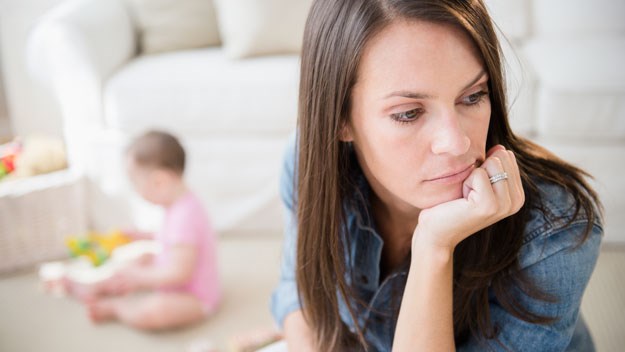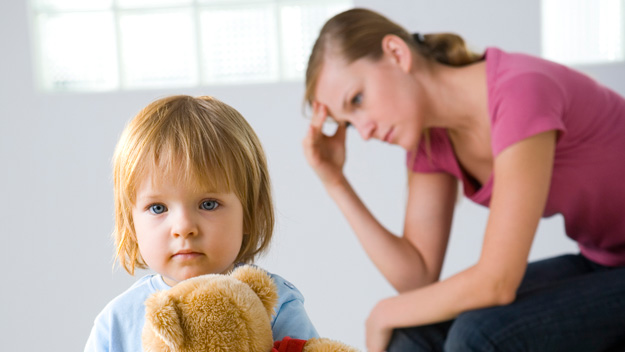Having a baby is supposed to be one of the happiest experiences in your life, but for the one in seven women and one in 20 men who experience postnatal depression in Australia it can be anything but an enjoyable time.
Celebrities including Jessica Rowe and Gwyneth Paltrow have publicly spoken about their battle with postnatal depression and how they overcame it.
Feelings of sadness, exhaustion, irritability, crying and mood swings can all be symptoms of postnatal depression.
New mums and dads who experience these symptoms should see a doctor or a medical professional as soon as possible for help. They also need a strong support network from their partner, family and friends to help them through the difficult time and adjust to the changes in lifestyle and the increased demand that occurs after the birth of a baby.
Helpful tips for partners
1. According to PANDA (Post and Antenatal Depression Association), it is important for partners to be included in discussions with health professionals treating someone with postnatal depression.
“Partners are much more supportive if they understand what the problem is and what they can do to help,” PANDA says.
2. Set aside some time for you and your partner to relax. Having a new baby is a stressful time and you need some downtime.
3.Make sure your partner exercises regularly. Going for walks as a family and ensuring they are healthy is important. Exercise releases endorphins so it can improve mental health.
4.Encourage your partner to join a baby group, playgroup or mother’s group so they can interact with other parents.
Postnatal Depression Awareness Week in 2019 runs from November 11 to 17.


